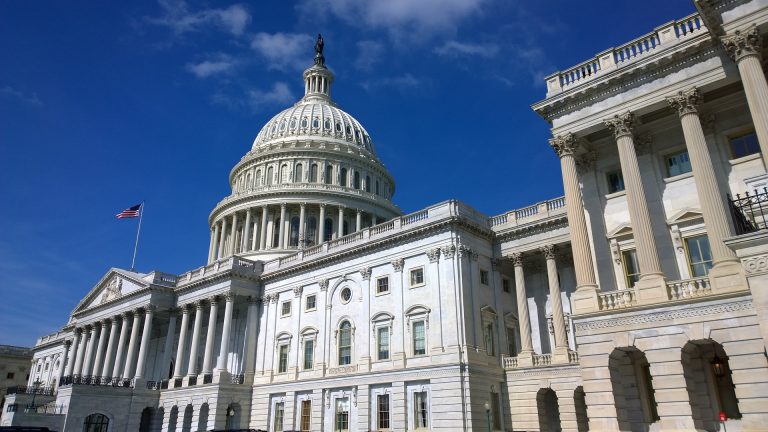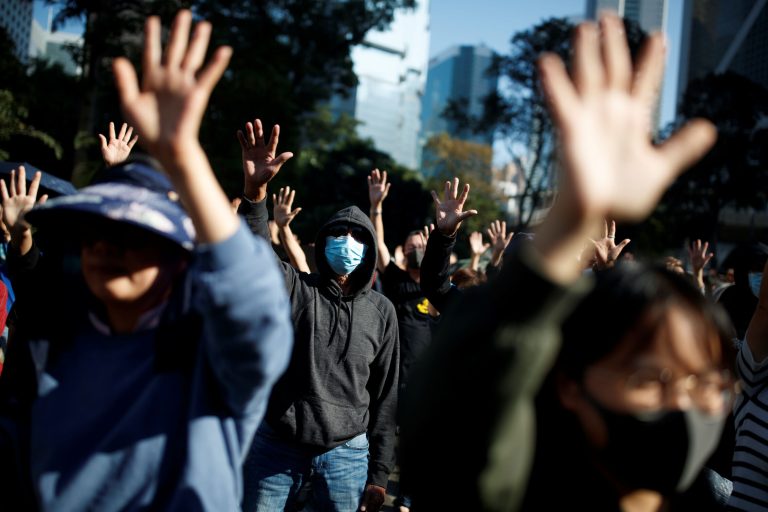A bipartisan group of lawmakers recently announced a bill that aims to counteract the Chinese regime’s use of economics to coerce and influence other countries. The Countering China Economic Coercion Act bill was introduced by Republican Representative Ann Wagner and Democrat Representative Ami Bera.
“The People’s Republic of China’s [PRC’s] heavy-handed and predatory economic policies harm our partners and undermine American interests well beyond the Indo-Pacific region. Our efforts to respond to PRC economic coercion must be strategic, measured, and proactive… I am proud to join Representative Bera in introducing this bipartisan bill to ensure that the United States is working in a coordinated and comprehensive way to combat China’s economic bullying,” Wagner said in a statement.
Over the past decade, Beijing has wielded economic policy as a weapon against the following American allies:
- In 2010, China blocked shipments of rare earth elements to Japan following a standoff between a Chinese fishing vessel and the Japan Coast Guard in the East China Sea. China is the largest producer of rare earth elements and enjoys market dominance in the industry.
- After an independent group in Norway awarded the 2010 Nobel Peace Prize to Chinese dissident Liu Xiaobo, Beijing halted the import of salmon from the country. The imports only resumed six years later in 2016, after Norway promised to never “support any actions that undermine” the interests of the Chinese regime.
- In 2012, when tensions between the Philippines and China were heightened due to a standoff over the Scarborough Shoal in the South China Sea, Beijing blocked banana imports from Manila.
- After Taiwan president Tsai Ing-wen refused to explicitly endorse the 1992 Consensus agreement with China in 2016, Beijing restricted the travel of Chinese tourists and students to the island nation.
- In 2016, Beijing imposed restrictions on South Korean cultural imports, two-way tourism, and the import of household products. These restrictions were implemented after Seoul decided to work with Washington to deploy an American missile defense system to address the threat posed by North Korea.
- In 2020, when the Australian government called for an international inquiry into the origins of Coronavirus Disease 2019 (COVID-19), China reacted by slapping tariffs on Australian barley and wine imports.
The Countering China Economic Coercion Act aims to ensure that China is not able to continue with similar restrictions against American allies without consequences.
The bill “will create an interagency task force to streamline U.S. tools and mechanisms for deterring and addressing Beijing’s economic coercion… The legislation will raise awareness of the scale and scope of the PRC’s coercive economic measures and strengthen our collective ability to hold China accountable,” Bera said.
Success
You are now signed up for our newsletter
Success
Check your email to complete sign up
The Countering Economic Coercion Task Force will be established by the U.S. president, who will also select a member from the National Security Council to act as the chair of the entity.
In addition to responding to Beijing’s economic coercion, the task force will also be charged with monitoring and evaluating the costs of such coercion and assessing its impact on American interests. The group will coordinate with various government agencies and engage with U.S. allies as well as the private sector.
The task force also must publish and routinely update a public list of cases in which Beijing has used economic coercion. An annual report must detail potential coercion tools that Beijing could use in the future, which diplomatic and economic tools Washington can use to counter such actions from Beijing and possible areas of weakness within America and its allies. Currently, the bill is still in its infancy and has yet to attract comments from other lawmakers.















